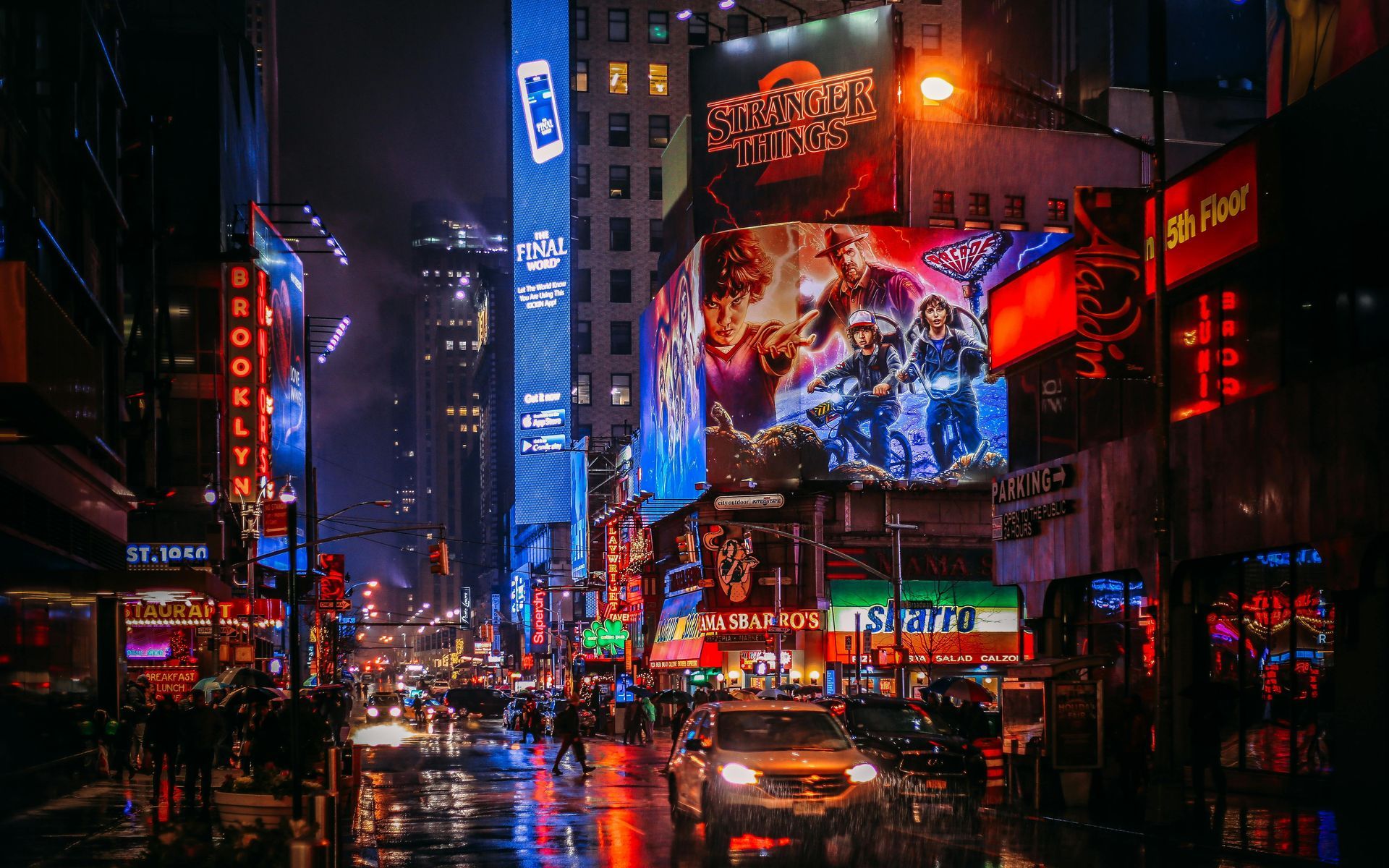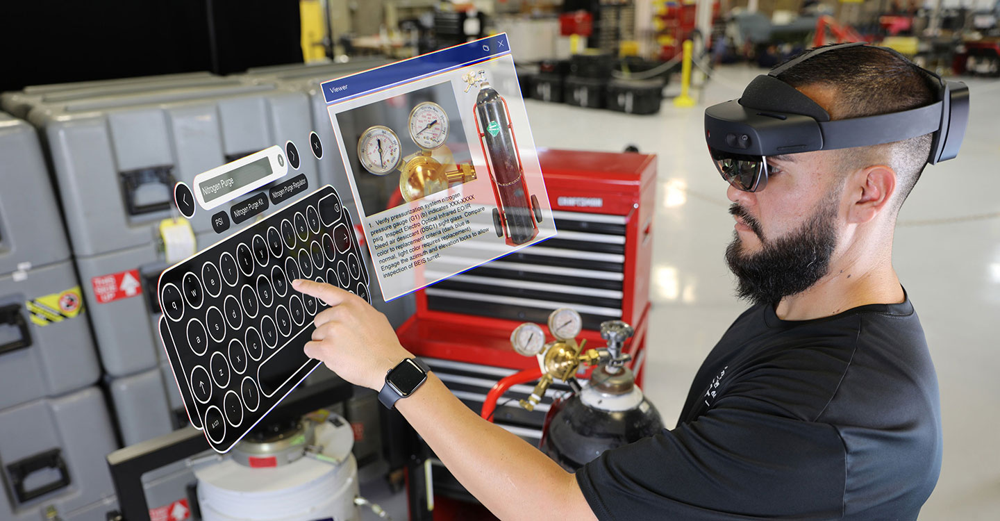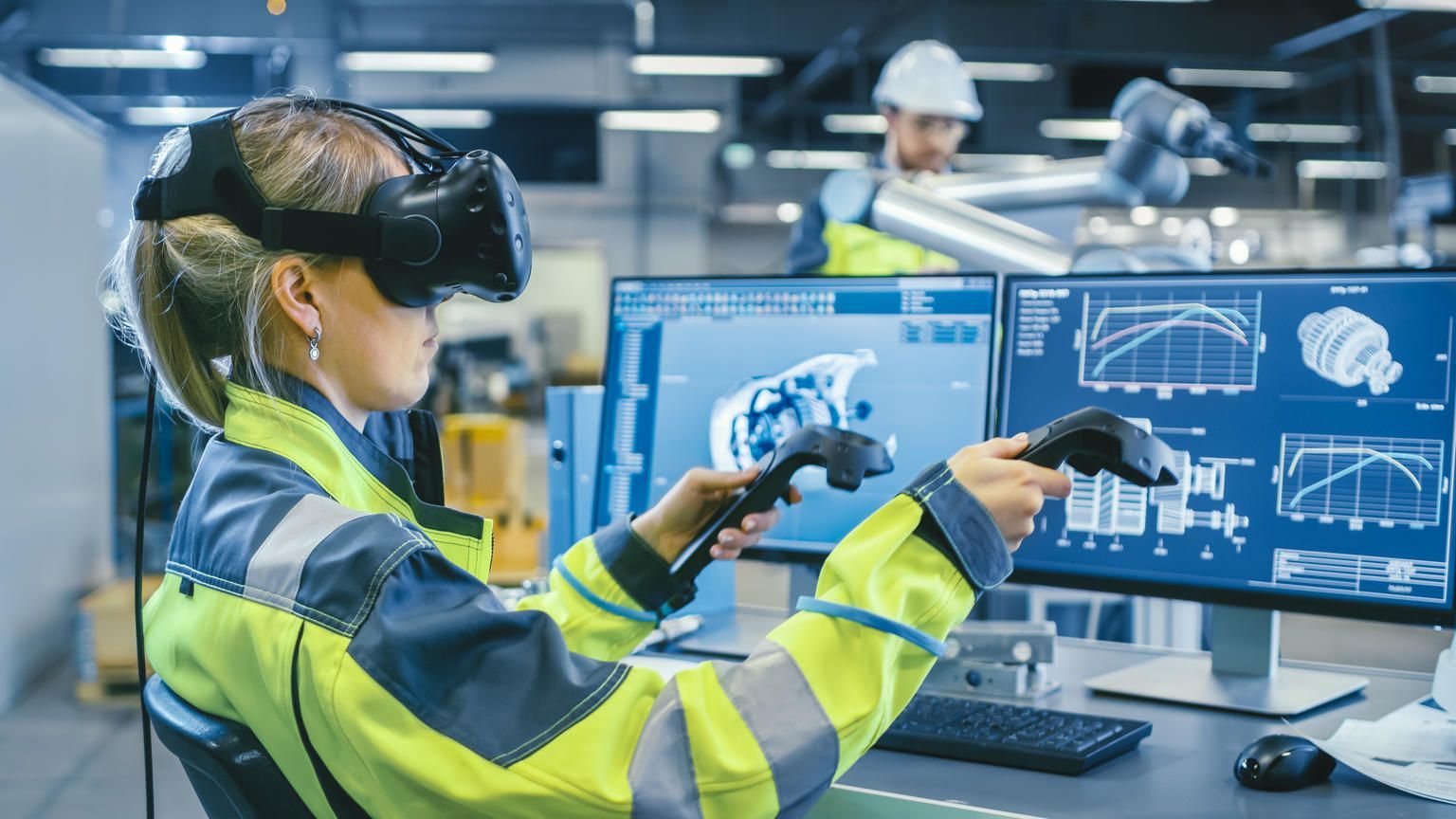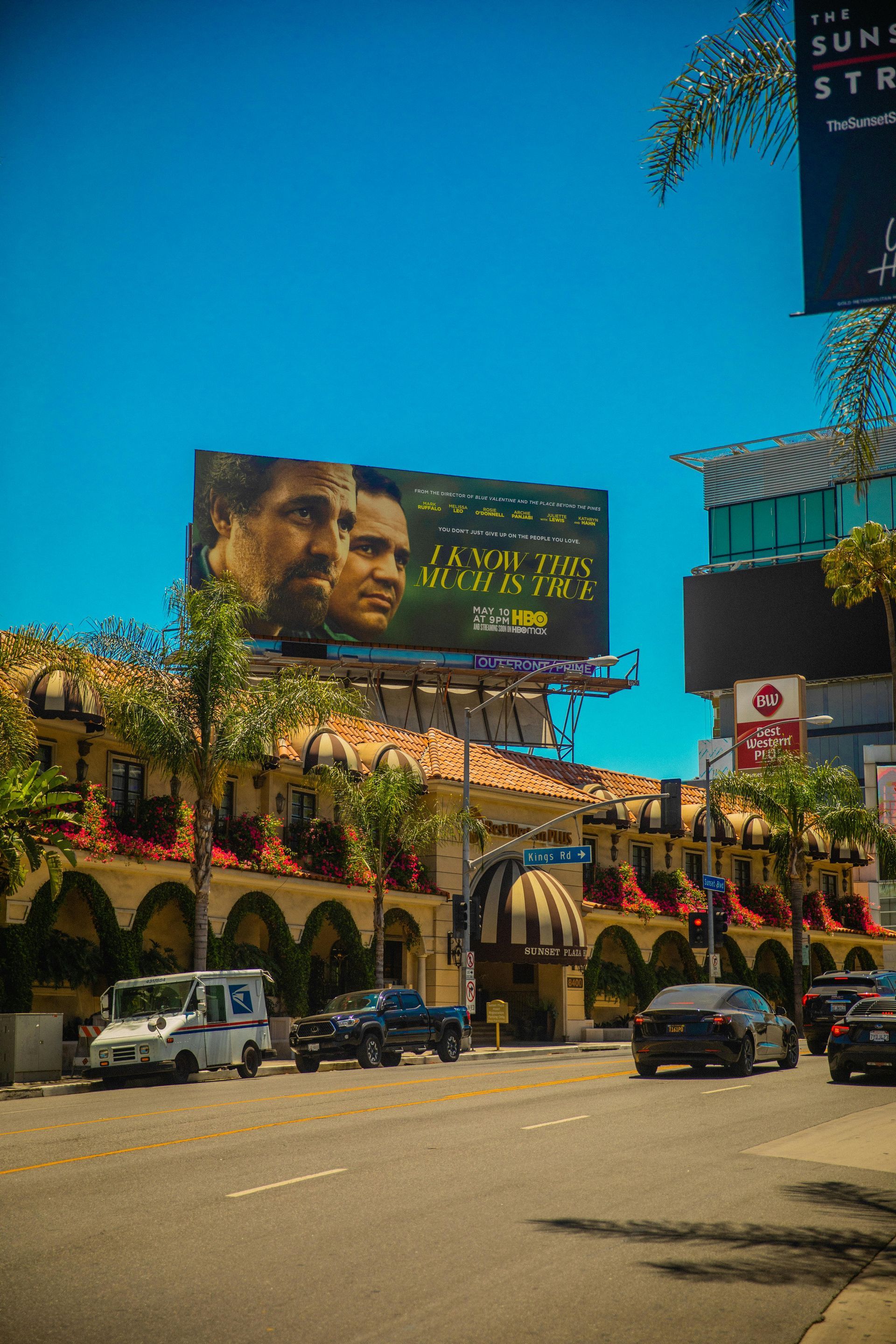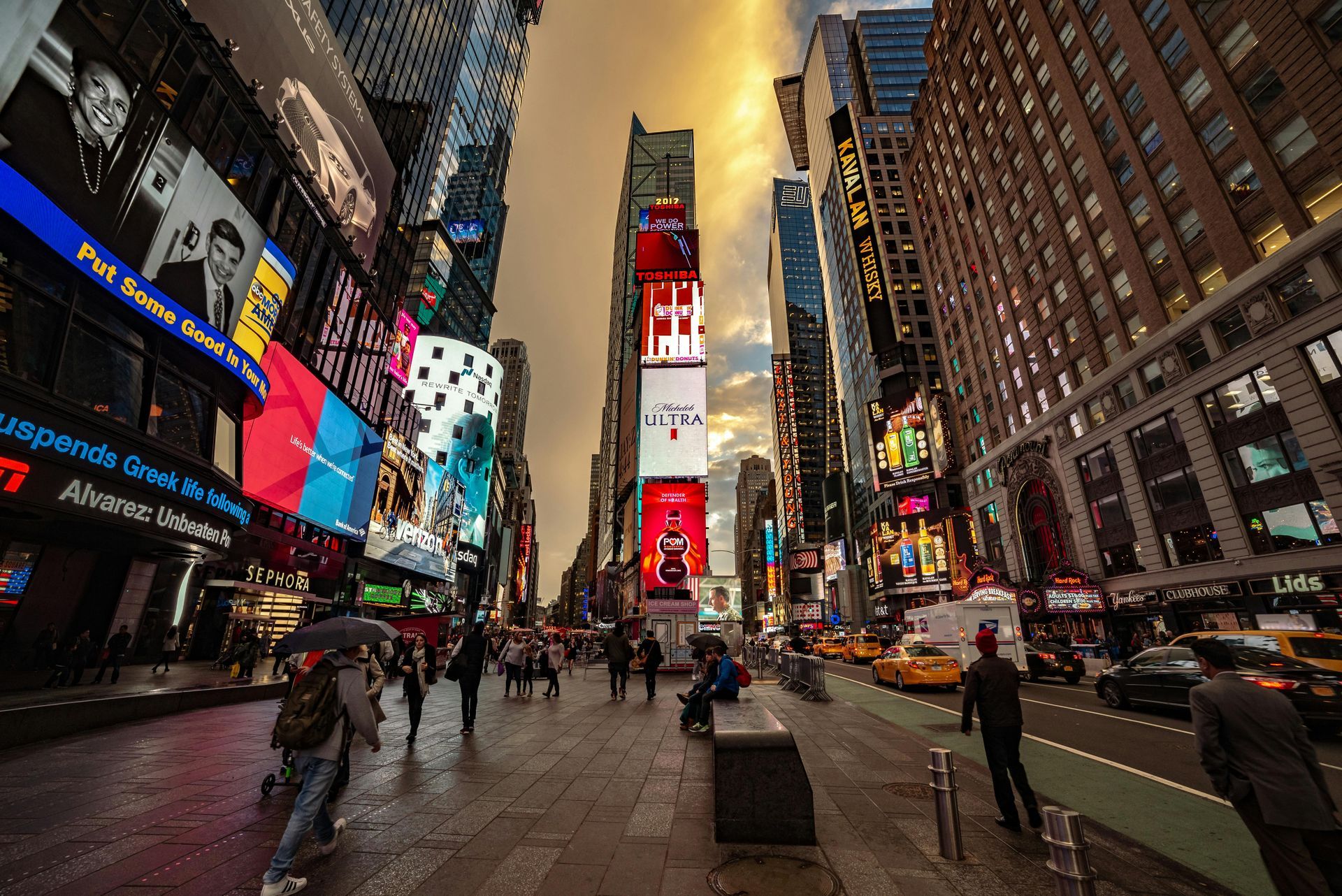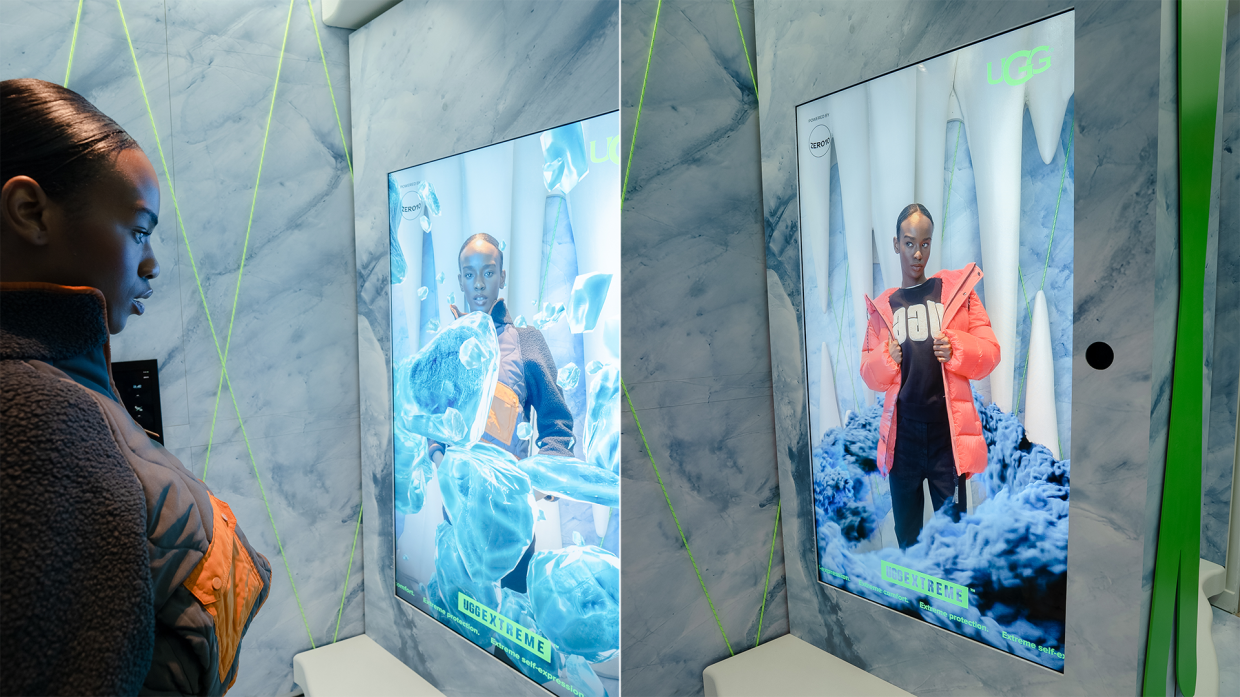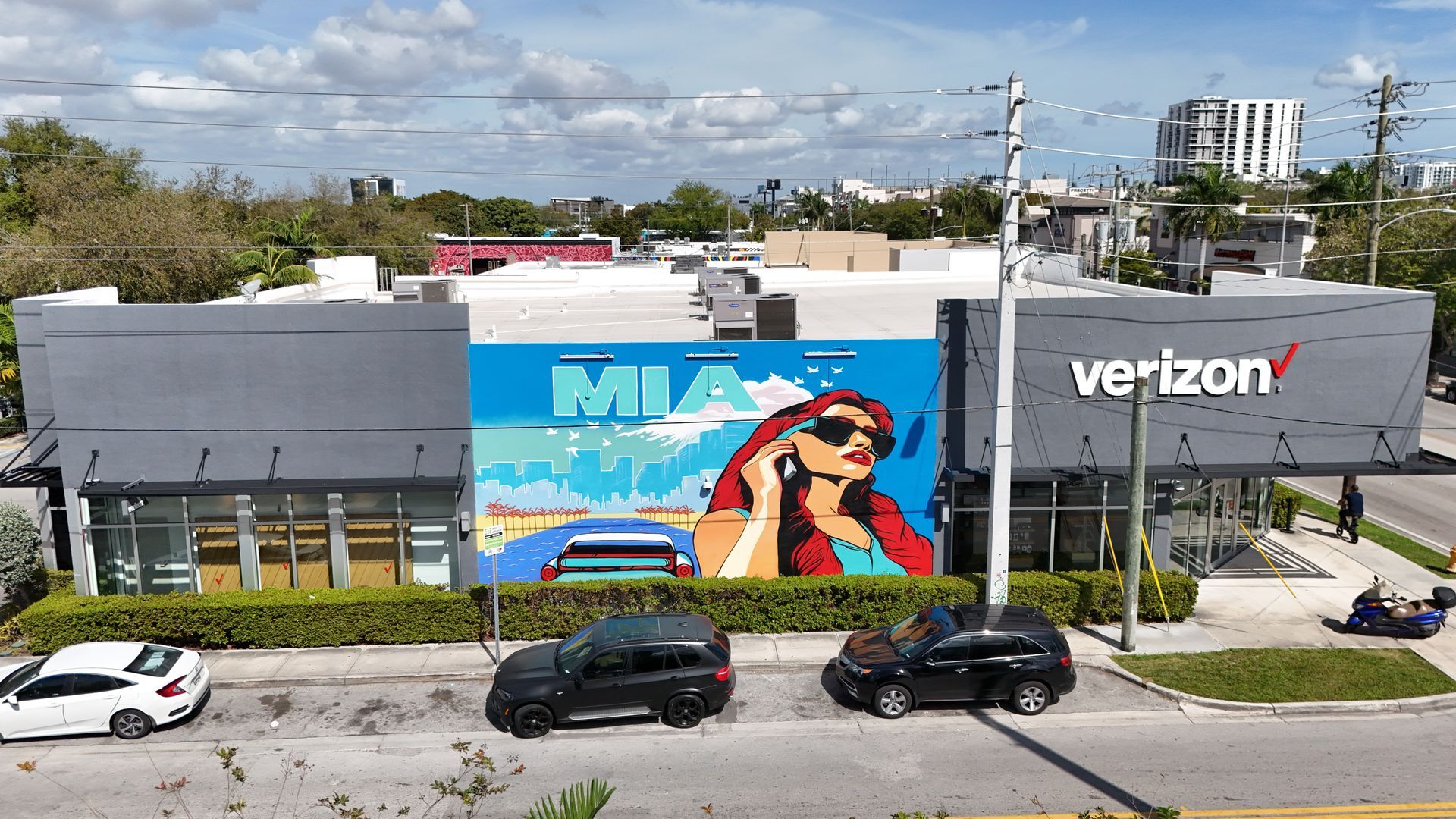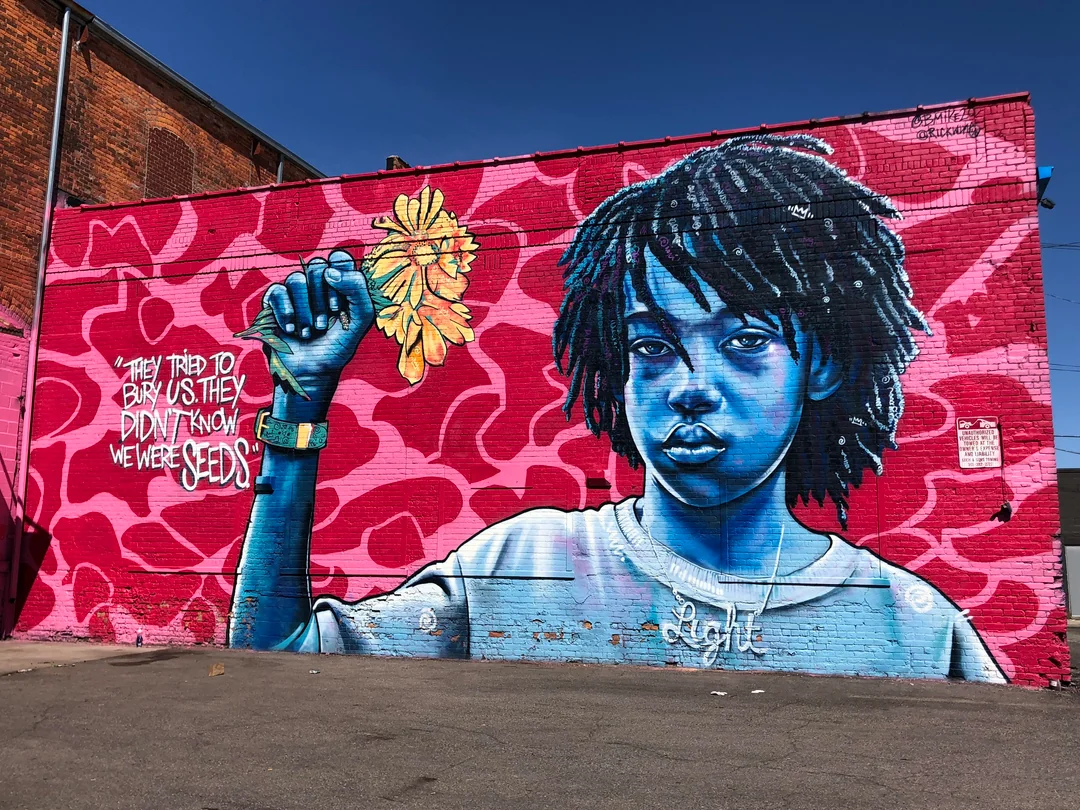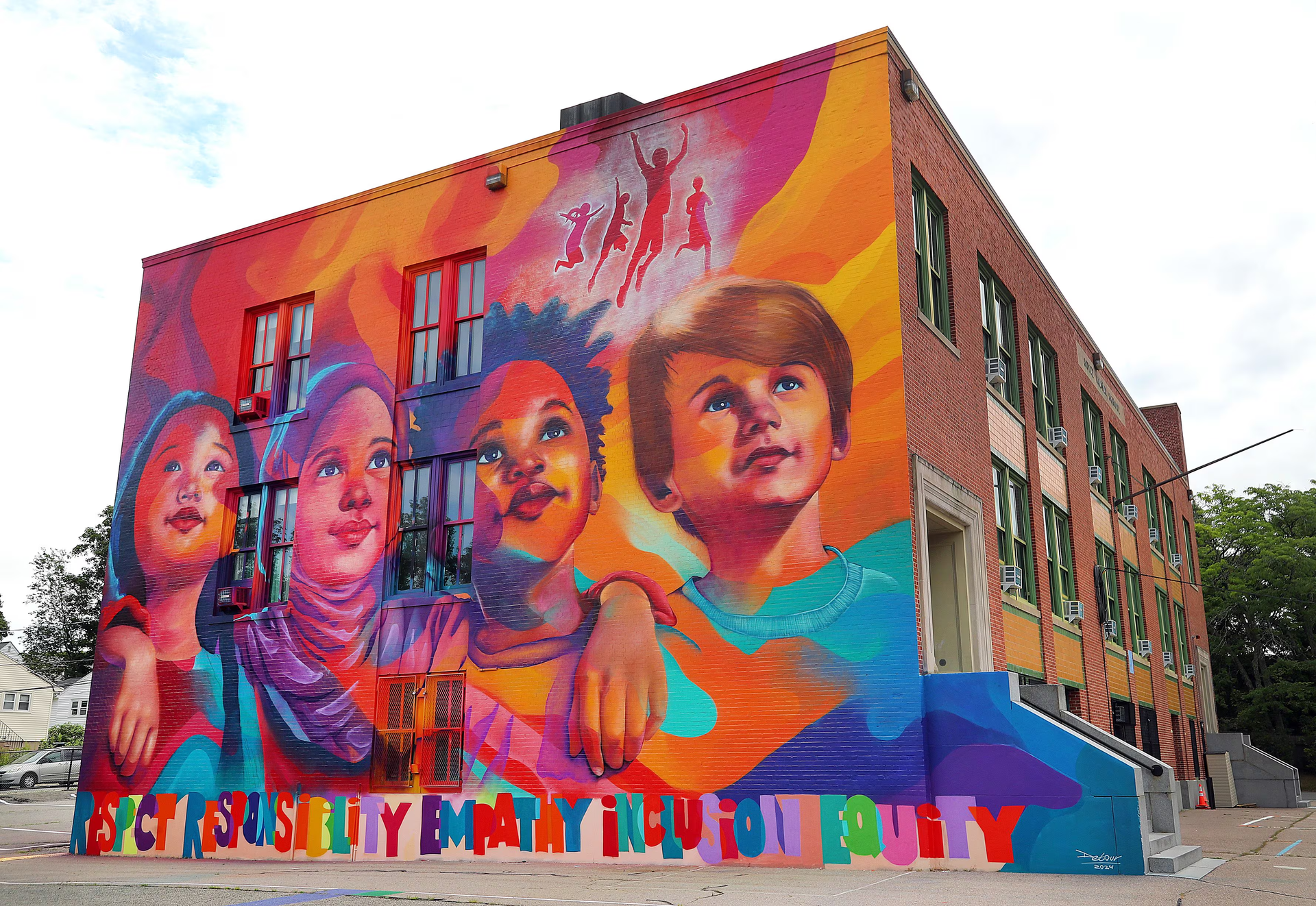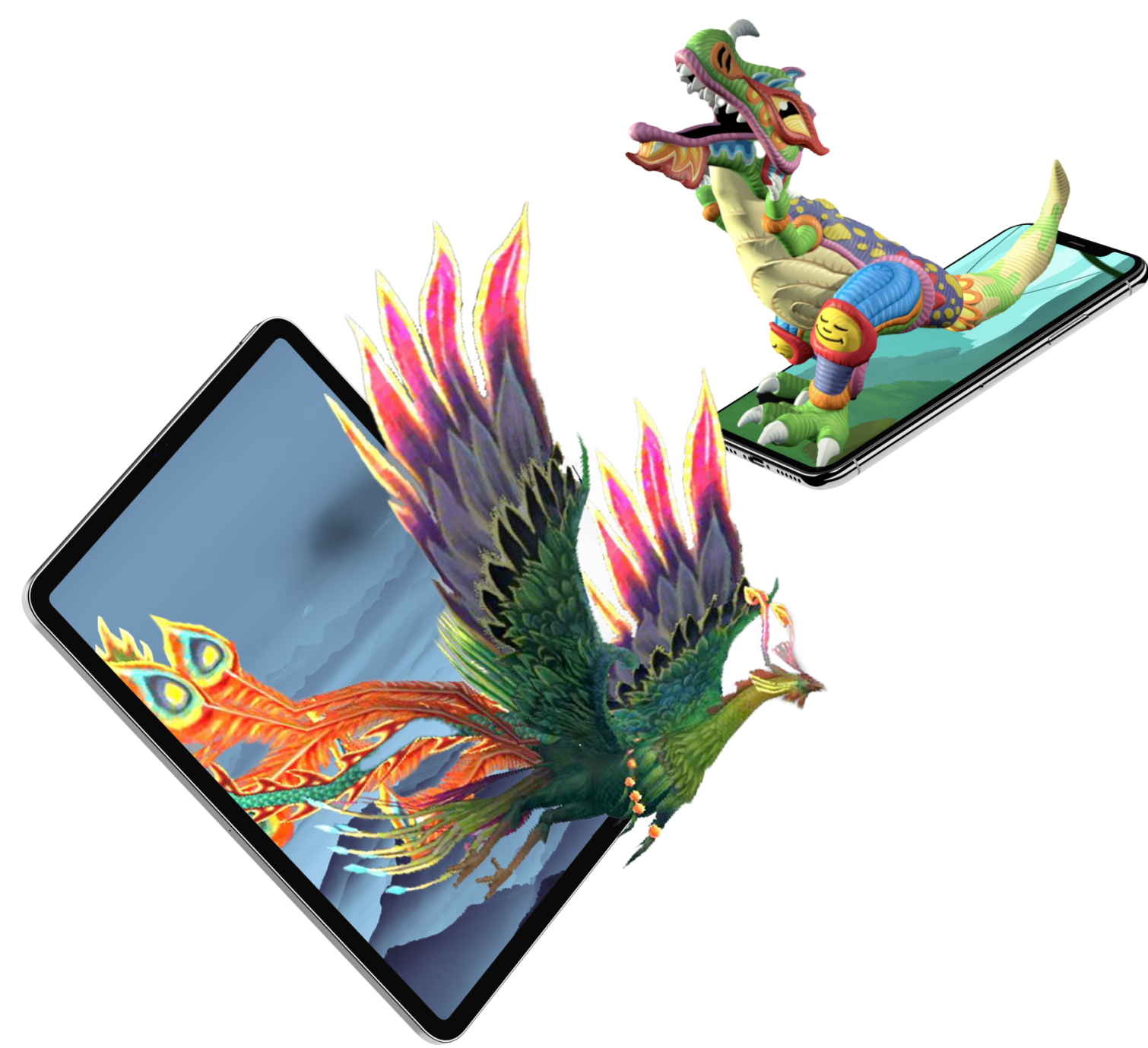Event Driven Marketing Examples
Event Driven Marketing (EDM) is an innovative approach that helps businesses promote their products or services by leveraging certain occurrences or 'events'. These events can be anything that involves customer interaction, such as a purchase, website visit, or even a
social media comment. Let's dive in to explore some tangible event driven marketing examples.
Understanding the Importance of Event Driven Marketing
EDM is crucial as it allows businesses to target potential customers at the right time, when they are most engaged and willing to interact. It boosts the personalization of marketing campaigns and increases their effectiveness, ensuring you connect with customers in a way that resonates with their current situation or needs.
Exploring Real Life Event Driven Marketing Examples
We see event driven marketing every day, often without realizing it. Below are a few examples:
Networking Events
One of the best examples of EDM is networking events. A well-organized networking event can help businesses promote their brand, generate leads, and strengthen relationships with existing clients.
Trade Show Events
Trade shows are an excellent platform for businesses to showcase their products or services, meet potential customers, and learn about the latest industry trends. These events are significant marketing triggers for promotional campaigns.
Social Media Events
From Facebook Live to Instagram contests, social media events are powerful marketing tools. Businesses often leverage these platforms to engage their audience, create buzz around their brand, and promote products or services.
Content Marketing Events
Whether it's a blog post or a webinar, content marketing events can significantly enhance brand visibility and credibility. A high-quality, engaging piece of content can attract, educate, and convert potential customers.
How Event Driven Marketing Works?
In EDM, two main aspects come into play:
Event Occurs
When an event occurs (such as a customer visiting a website), the company identifies it as an opportunity for engagement.
Events Triggers
Following the event, the system triggers a personalized marketing response. This could be an email, ad, or a personalized offer.
Types of Events for Marketing
Events used in marketing can vary widely, ranging from virtual webinars and social media contests to networking events and trade shows.
Key Components of an Event Driven Marketing Strategy
An effective EDM strategy should focus on identifying the right events, understanding customer behavior, sending the right response at the right time, and continuously improving based on feedback and results.
Importance of Timing in Event Driven Marketing
In EDM, timing is everything. The ability to respond in real-time can make a significant difference in the effectiveness of the marketing campaign.
The Role of Different Marketing Channels
EDM can be implemented across multiple channels, such as email, social media, web, and mobile. Choosing the right channel depends on your target audience and the nature of the event.
Advantages of Event Driven Marketing
EDM offers several benefits, including increased customer engagement, improved personalization, better ROI, and deeper insights into customer behavior.
Event Driven Marketing and Potential Customers
By triggering marketing campaigns based on specific events, businesses can better connect with potential customers and drive them towards conversion.
The Relationship Between Product or Service and Event Marketing
Events provide a platform to showcase products or services, attract potential customers, and create a strong brand presence.
Event Driven Marketing in a Real-Time Scenario
In today's digital world, real-time EDM campaigns are critical. They allow businesses to respond immediately to customer interactions, thus improving the customer experience.
How Event Driven Marketing Can Promote Your Brand
EDM can significantly boost brand awareness and perception. By offering personalized experiences based on specific customer actions, businesses can create a stronger and more meaningful relationship with their audience.
Challenges of Event Driven Marketing
Despite its benefits, EDM also poses challenges, such as data management, real-time response, and identifying the right events to trigger marketing responses.
Conclusion and Key Takeaways
Event Driven Marketing, while challenging, offers numerous benefits that can lead to increased engagement, conversions, and ultimately, sales. It allows businesses to interact with their customers on a more personal level, leading to improved customer loyalty and brand perception.
Frequently Asked Questions
- What is event driven marketing? Event driven marketing is a strategy that involves initiating marketing campaigns based on specific events that involve customer interaction.
- What are some examples of event driven marketing? Examples of event driven marketing include networking events, trade shows, social media events, and content marketing events.
- How does event driven marketing work? When an event occurs, it triggers a personalized marketing response, which could be an email, ad, or a personalized offer.
- What are the benefits of event driven marketing? Benefits include increased customer engagement, improved personalization, better ROI, and deeper insights into customer behavior.
- What are the challenges of event driven marketing? Challenges include data management, real-time response, and identifying the right events to trigger marketing responses.
TALK TO A PRO
We're here to bring your brand to life!
Stay Connected with BrandXR
Create Augmented Reality for Free!
Create, Publish, and Measure 3D Augmented Reality Experiences Without Having to Code.
